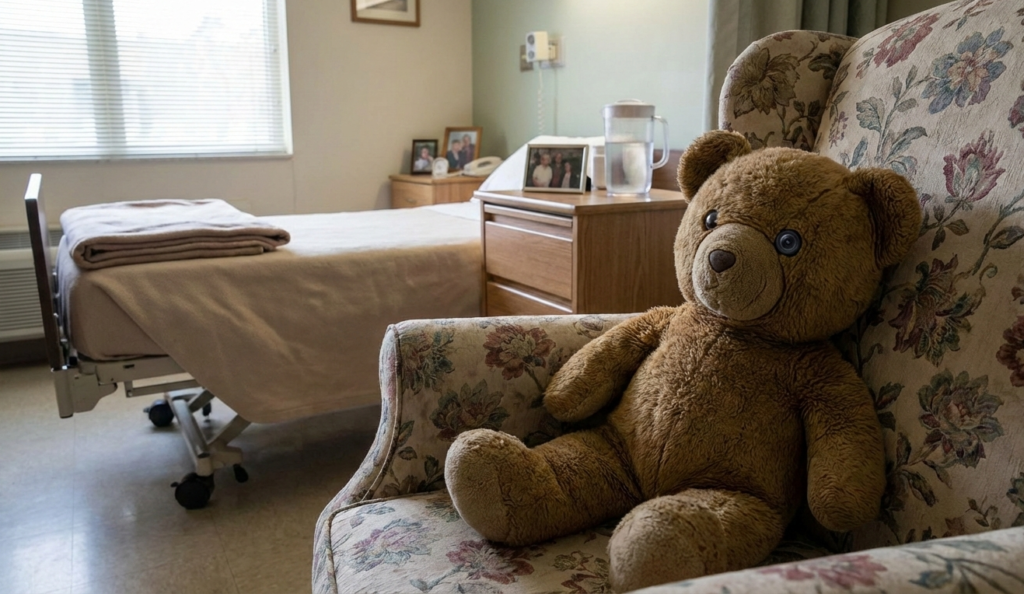Families usually grapple with the decision to place an aging parent or grandparent in a nursing home. Even after making the decision to place him or her in an emerging reputable location, ongoing concerns about safety may lead them to question what is happening behind closed doors.
As a result, many families consider installing hidden cameras, often called “granny cams,” to document neglect or confirm their suspicions. Although the idea feels simple, Georgia law turns it into a far more delicate issue.
Georgia’s Rules on Privacy and Surveillance
Georgia draws a firm line between public spaces and places where people reasonably expect privacy. A resident’s bedroom in a nursing home is considered a private space.
Because of that, placing a covert camera in the room without consent can violate Georgia’s eavesdropping and privacy statutes. The one-party consent rule people often mention applies only to recorded conversations. It does not give blanket permission for silent video surveillance.
Consent determines whether a camera is allowed in a nursing home room. A resident who can clearly understand what recording means may agree to it. If the room has a second resident, that person’s consent matters as well, since both individuals have the same right to privacy.
Things can get tricky when a resident has dementia or can’t clearly give their consent. A guardian or agent with power of attorney might approve recording, but Georgia law doesn’t spell it out. That legal gray area often leaves families unsure about what’s allowed or whether they’re crossing a line.
Finding a Safer Path Forward
When families notice possible signs of neglect, their first instinct may be to install a hidden camera. However, moving too fast can create new problems. A more effective first step is to document what you’ve observed, speak with facility administrators, and file a complaint with the Georgia Department of Community Health. These actions establish a record and may trigger a review.
If you still believe monitoring is necessary, contact an attorney before buying equipment. Some facilities permit cameras with written notice, while others do not. A clearly visible camera with a posted notice often carries fewer legal risks.
If you’re worried about a loved one’s care, The Williams Litigation Group can help you understand your options. Call 866-214-7036 to discuss the safest next steps.

